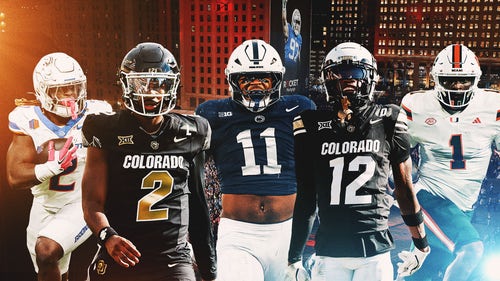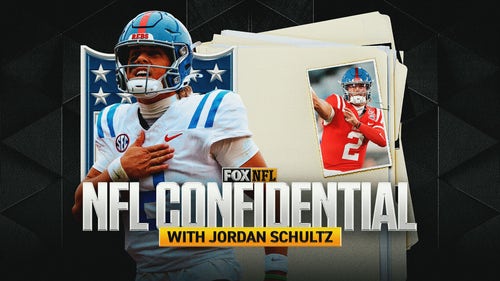
In Aaron Hernandez murder case, question lingers: Why?
FALL RIVER, Mass. (AP) Aaron Hernandez had it all.
Fame, as a star tight end with the New England Patriots, which took him to the Super Bowl. Fortune, with a $40 million NFL contract. Family, with a fiancee and baby daughter.
But his future? A lifetime behind bars after being convicted Wednesday of first-degree murder in the 2013 slaying of Odin Lloyd, who was dating the sister of Hernandez's fiancee.
After more than nine weeks of testimony, 135 witnesses and 439 exhibits, the question remains: Why did he do it?
Former NFL player David Nelson, who played with Hernandez at the University of Florida, summed up the thoughts of many Wednesday after the verdict.
''That's not the guy I knew. How could that happen. WHY did that happen,'' he wrote on Twitter.
Even the jurors, when asked how somebody with that much talent and that much money could throw it all away, said they didn't have an explanation.
''You'd have to ask the individual,'' juror Sean Traverse said during a post-conviction news conference as other jurors nodded their heads. Hernandez didn't testify at his trial.
Hernandez is also accused in two other shootings, a 2012 double homicide in Boston and a 2013 shooting in Florida. In both cases, he is accused of doing it for the most trivial of reasons.
In 2012, prosecutors say, Hernandez killed two men after one of them accidentally bumped into him at a club, causing Hernandez to spill his drink. Hernandez has pleaded not guilty. In the Florida shooting, former friend Alexander Bradley has sued Hernandez, saying he was shot between the eyes after he and Hernandez argued and Bradley insulted him.
Those who knew him say Hernandez, now 25, was deeply affected by the death of his father when he was in high school. At 17, while at the University of Florida, Hernandez was accused of punching a bar employee who was trying to get him to pay for two drinks. Before the Patriots signed him in 2010, a scouting report ranked him at the bottom of the scale for social maturity.
Lloyd and Hernandez were introduced in 2012 by their girlfriends. The couples would spend time together on weekends and at family gatherings, occasionally going to the movies or a club. The two men would often peel off from the group and smoke marijuana together.
Lloyd was described as a loving and devoted family member and friend, a hardworking landscaper who biked 20 miles roundtrip to his job, making it there on time at 7 a.m. On weekends, he had fun playing football in what a friend described as a Pop Warner league for adults.
There were some hints during the trial that not all was well between Hernandez and Lloyd but never an explanation of why.
Bradley testified that one time he was at Hernandez's home and Lloyd came in without saying hello. Bradley said Hernandez told him it was rude.
A friend of Lloyd's testified at trial that Hernandez seemed angry with Lloyd when he saw them at a club together the last Friday night of Lloyd's life. After Hernandez left the club, he was seen by a hotel valet with a gun tucked in his waistband, but then Hernandez left with Lloyd and three other people, and nothing happened that night.
Lloyd was dead two nights later.
There has been some speculation that Hernandez told Lloyd about the 2012 killings or that Hernandez thought Lloyd knew something about them, prompting him to kill Lloyd to keep it quiet. But there's no specific evidence that was the case.
At the Lloyd trial, Bradley said Hernandez was unreasonably suspicious, thinking helicopters were following him and being paranoid that his conversations could be recorded. Bradley was not allowed to say that in front of jurors but was allowed to testify that Hernandez had a hard time trusting anyone.
Prosecutors did not have to prove a motive or explain why Hernandez did it, just that he did. William McCauley, the lead prosecutor on the case, told jurors in his closing arguments that there was a reason, but it just might not be a valid one.
''Whether it's a good motive or a bad motive,'' McCauley said, ''he believed he could kill Odin Lloyd and nobody would ever believe he was involved.''










